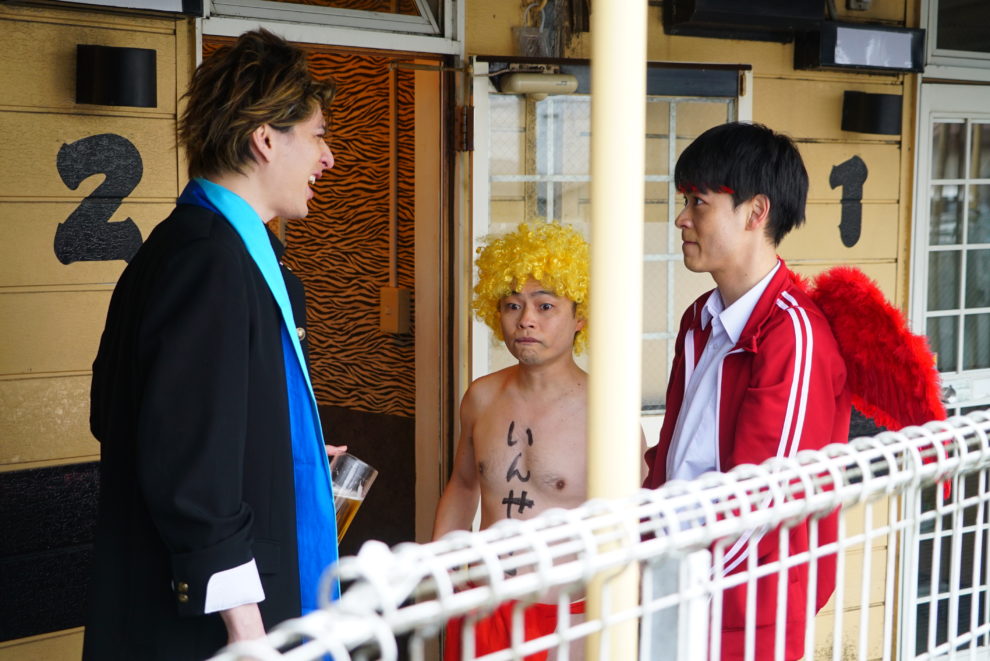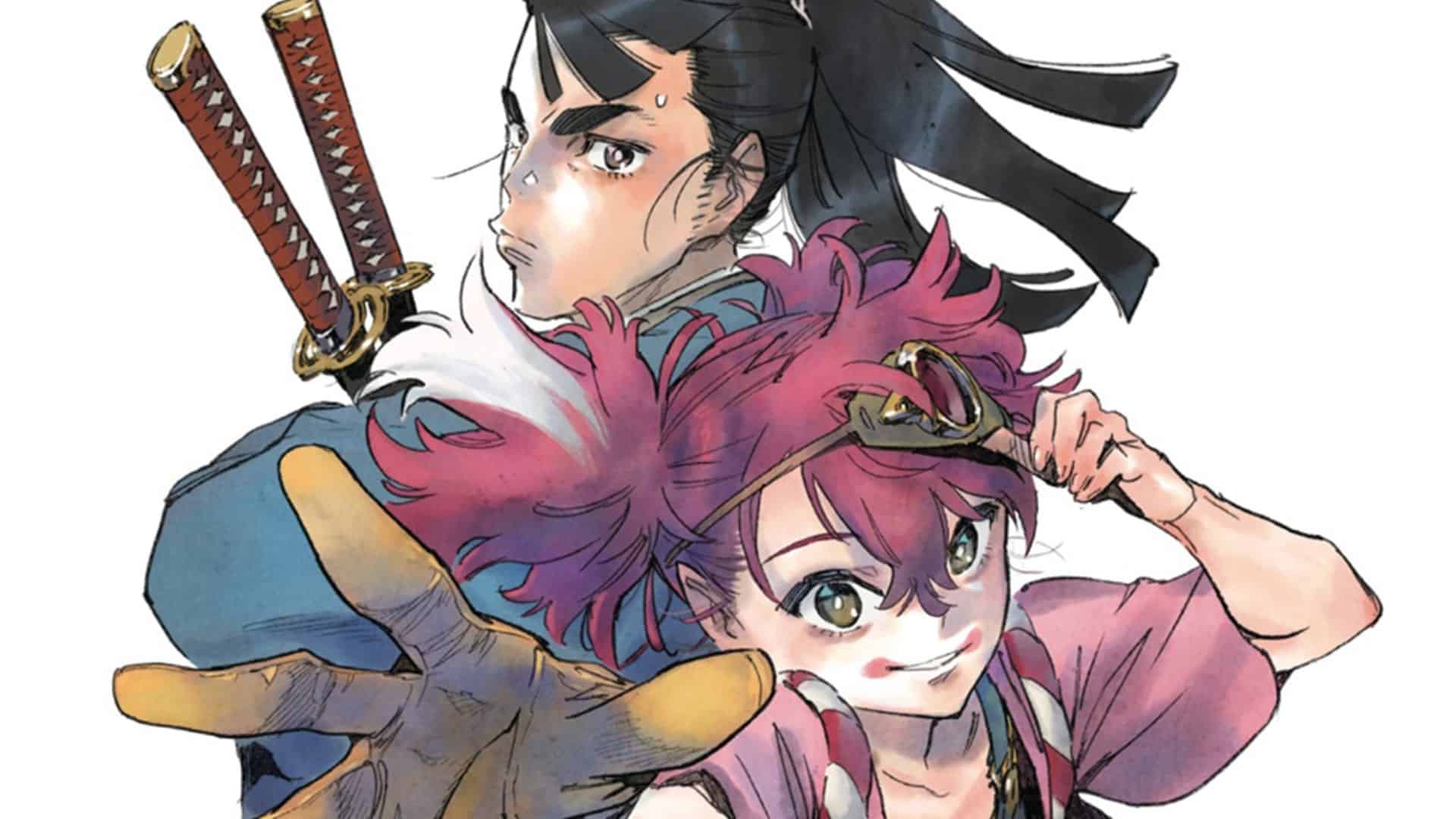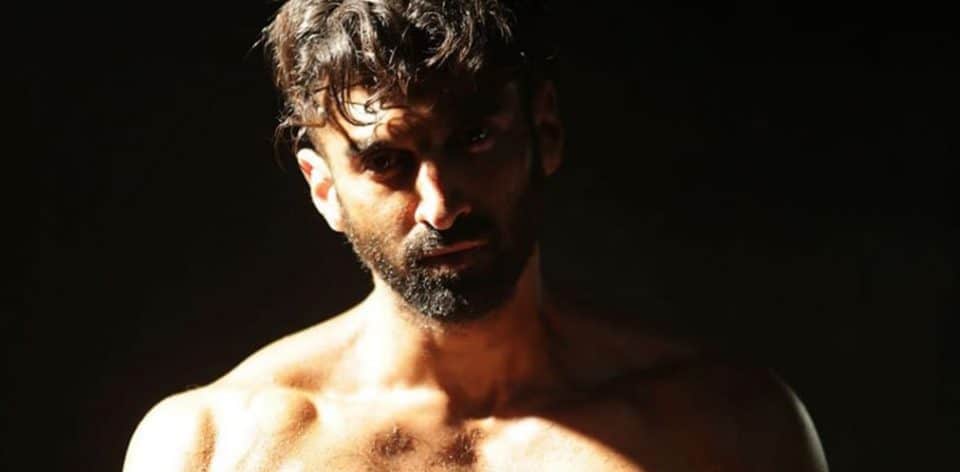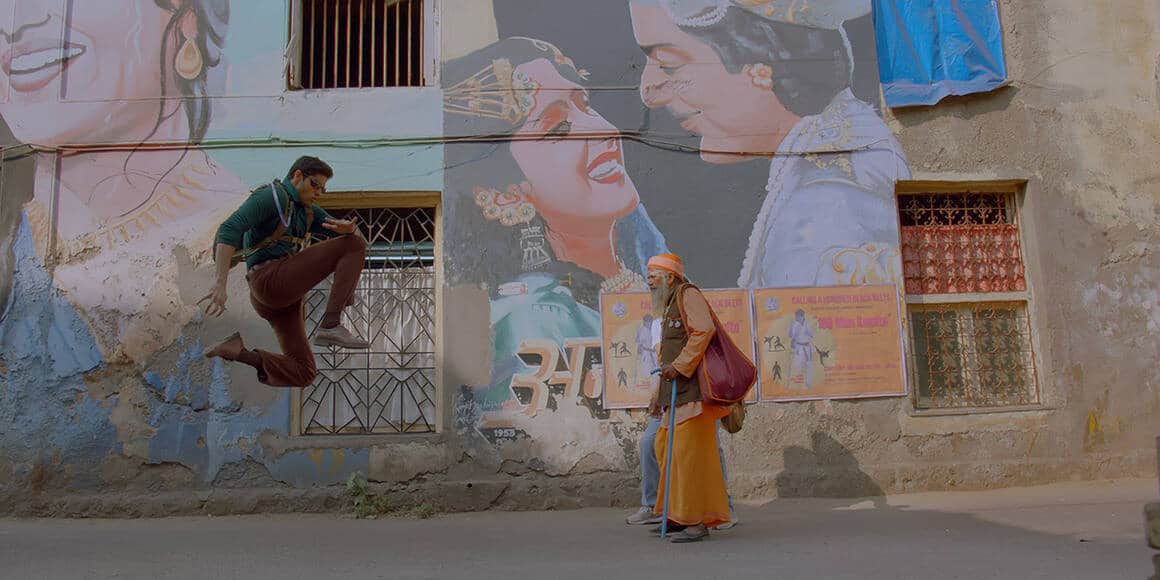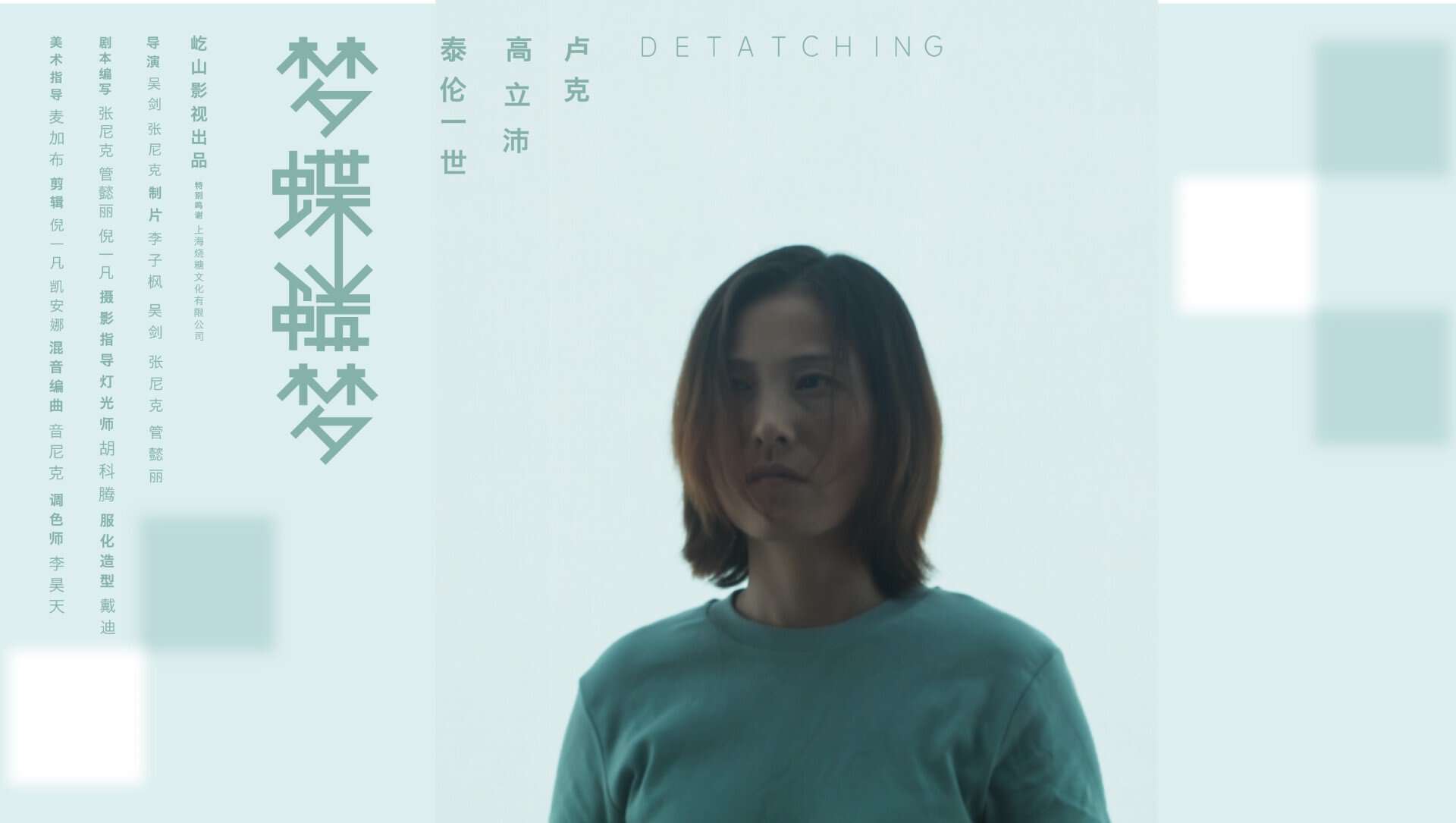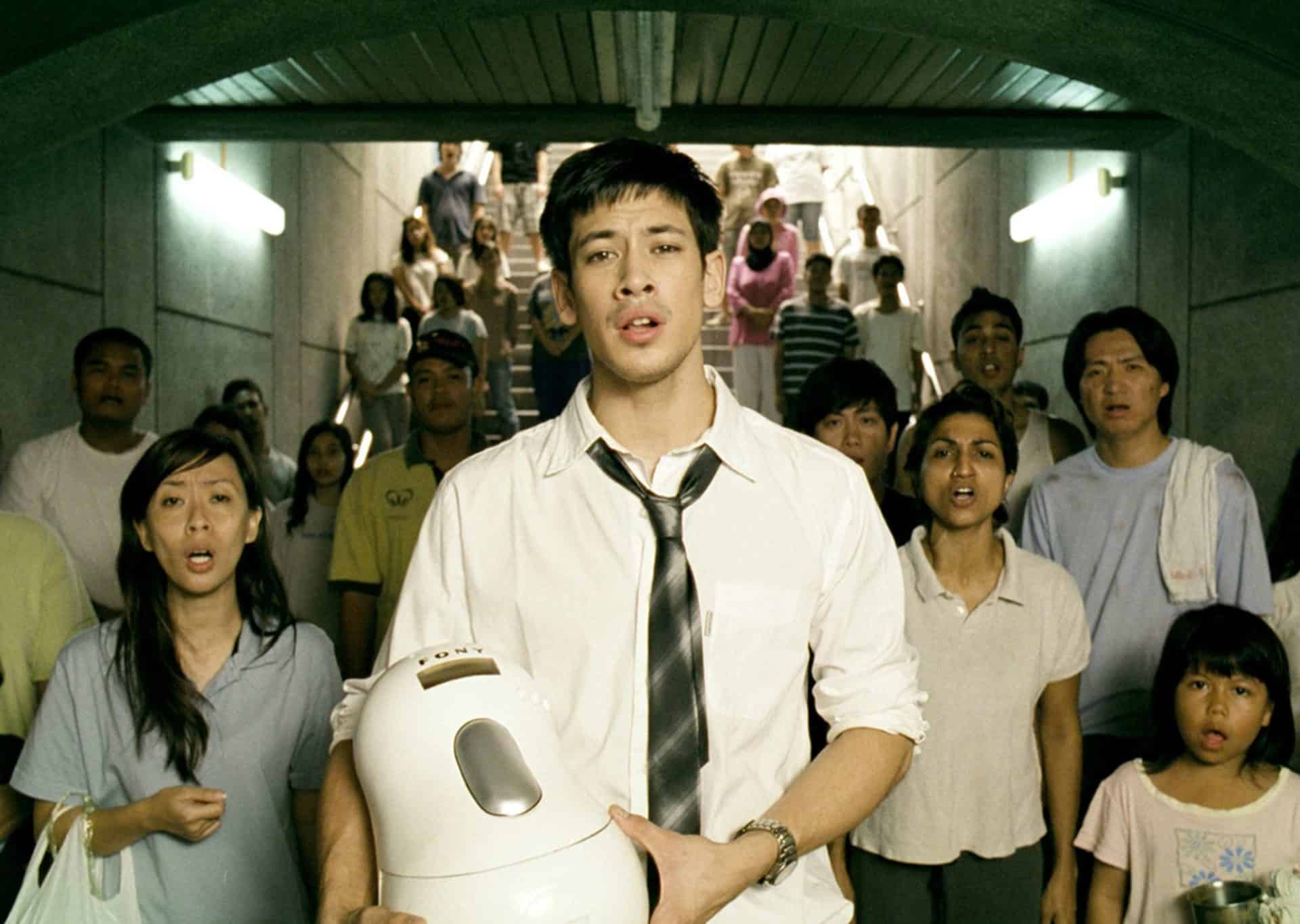Originally a stage play that shattered the previous theater attendance record, “Remain in Twilight” functions as a rather different style of coming-of-age film, since its protagonists are on the verge of being middle-aged.
“Remain in Twilight” is screening at Fantasia International Film Festival

Six friends reunite for a friend's wedding ceremony, in order to rehearse a dance routine that they performed, embarrassingly, in high school. Although they have not been particularly close as a group recently, the dynamics of the past are still pretty much there, and the five of them soon embark on a drunken trip down memory lane. Through their interactions, it is revealed that Kinichi Fujita manages a theatrical comedy troupe, and thus is the choreographer of the current routine, and Tetsuya Akashi, who was somewhat of a bully during their schooldays, is one of his actors. Yusaku “Neji” Mizushima is the only one who stayed in their native Shizuoka, working in a local factory, while Taku “Sauce” Sogawa, the shortest in the group, seems to be the one most accomplished socially, having a wife and a child. Taisei Tajima is currently an unhappy salary man, while the most enigmatic, and most cheerful figure, seems to be Kazuki Yoshio, whom, back in high school was a rather wimpy kid who had a crash on his boss in the cleaning group of the school, Mikie. Their memories of the past are juxtaposed with the present through flashbacks in different timelines, but eventually, it becomes apparent that Yoshio is not exactly “there”.
Daigo Matsui directs a film that quite frequently functions as a stage play, particularly through a combination that includes heavy dialogue, many gags, lingering in particular locations, and six actors who are together on screen for the majority of the movie. The flashbacks, however, give a sense of movement to the movie, which works quite well for the narrative, also because it allows the viewer to get to know the protagonists better, and empathize with them, at least partially. This antithesis of these two approaches works quite well here, particularly through the steady directorial hand of Matsui and the editing of Ryuichi Hamada, with the two of them not allowing neither the “boys will be boys” comedy of the present neither the drama of the past take completely over the narrative, at least not for long periods of time, with the realization of what has happened to Toshio working quite well as the dichotomy.

This approach also induces the movie with a coming-of-age element, as the present personas are gradually justified through the flashbacks of the past, with the discussions about sex, work, and friendship being indicative of the individual characters, as much as rather hilarious at times.
The result of the aforementioned is a film of episodic nature, which is where Matsui eventually loses control of it, particularly close to the end, with the regular fault of Japanese filmmakers of overextending the ending appearing here once more, and even more, through a scene that seems as if drawn from the pages of a manga and is completely disconnected from the rest of the narrative. Furthermore, the Toshio trope goes a bit too far, with the particular scene being the apogee of this fault.
On the other hand, the majority of episodes are quite functionable individually, with the fact that the group actually perform their dance eventually, even in red loincloths, being one of the funniest and most memorable scenes.
Furthermore, the acting is on a very high level, with the antitheses among the members of the group highlighting their chemistry. Ryo Narita (who looks dangerously like Satoshi Tsumabuki here) gives a great performance as Toshio, as the introverted kid that changes as he grows up, Kengo Kora as Fujita highlights his low key attitude, in complete antithesis with Ryuya Wakaba who always seems ready to bully the others as Akashi. The one who steals the show, however, is Kenta Hamano as “Sauce”, in probably the funniest performance in the movie, which also makes the one really dramatic scene featuring him all the more impactful.
Futa Takagi's cinematography is also excellent, with him highlighting the different timelines in the most eloquent fashion, while the coloring and the overall framing also add to the sense of nostalgia the movie emits.
“Remain in Twilight” definitely loses its sense of measure after a point, but in general, emerges as a rather entertaining tribute to male friendship that will satisfy most male viewers.


